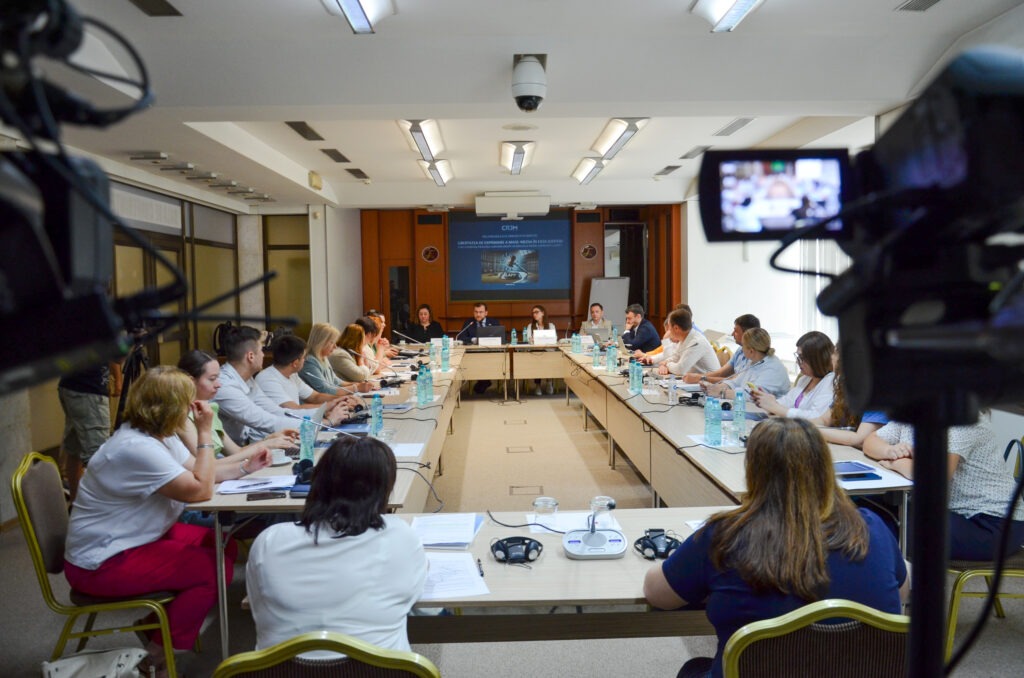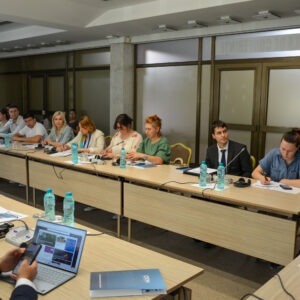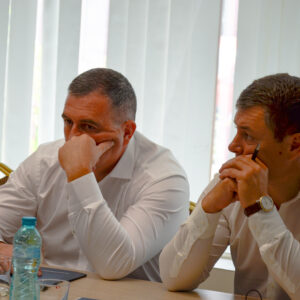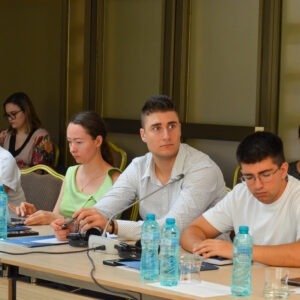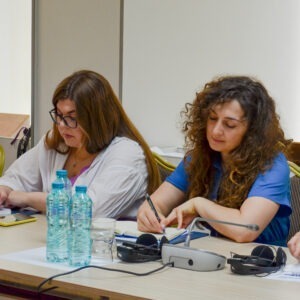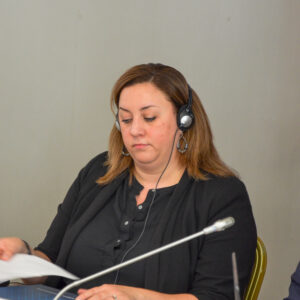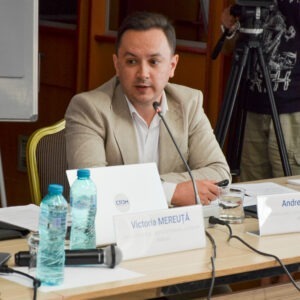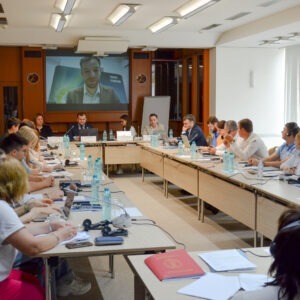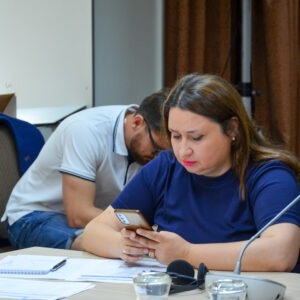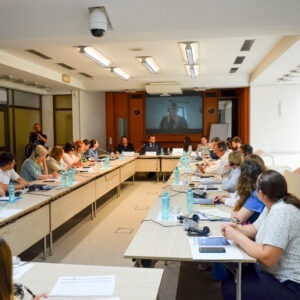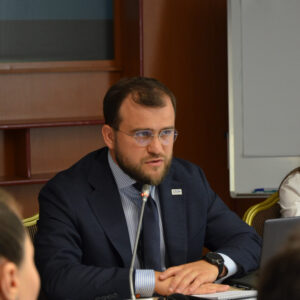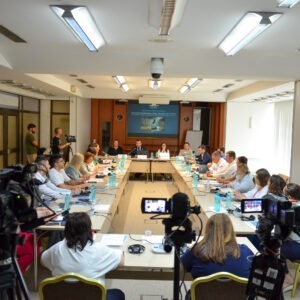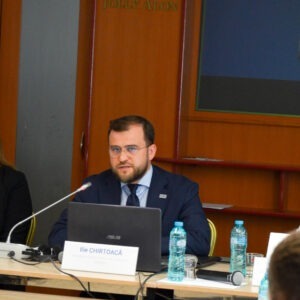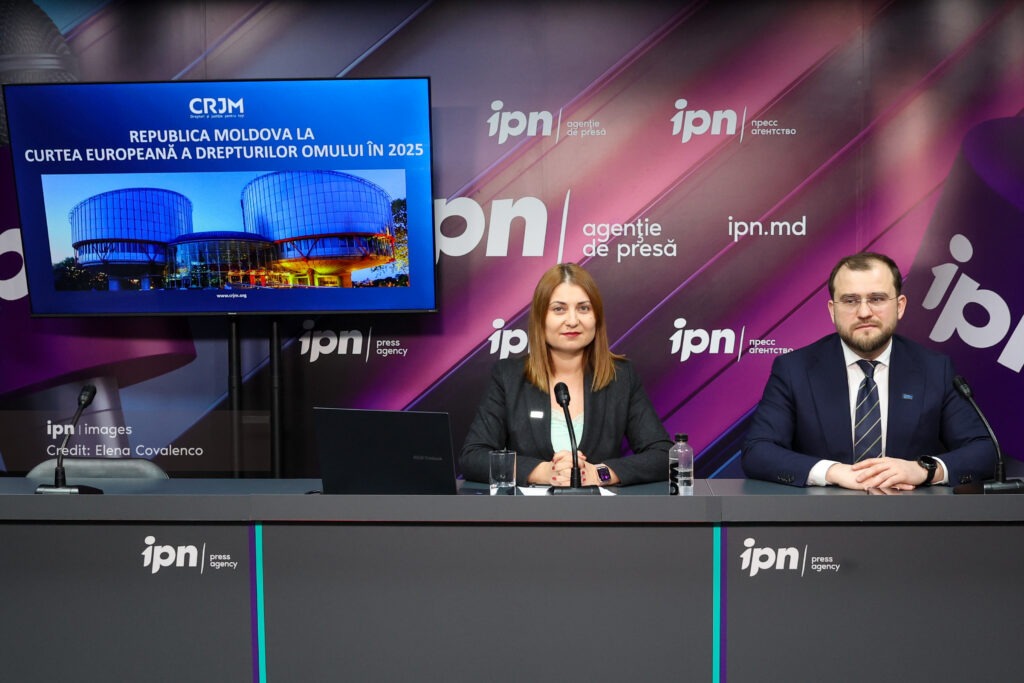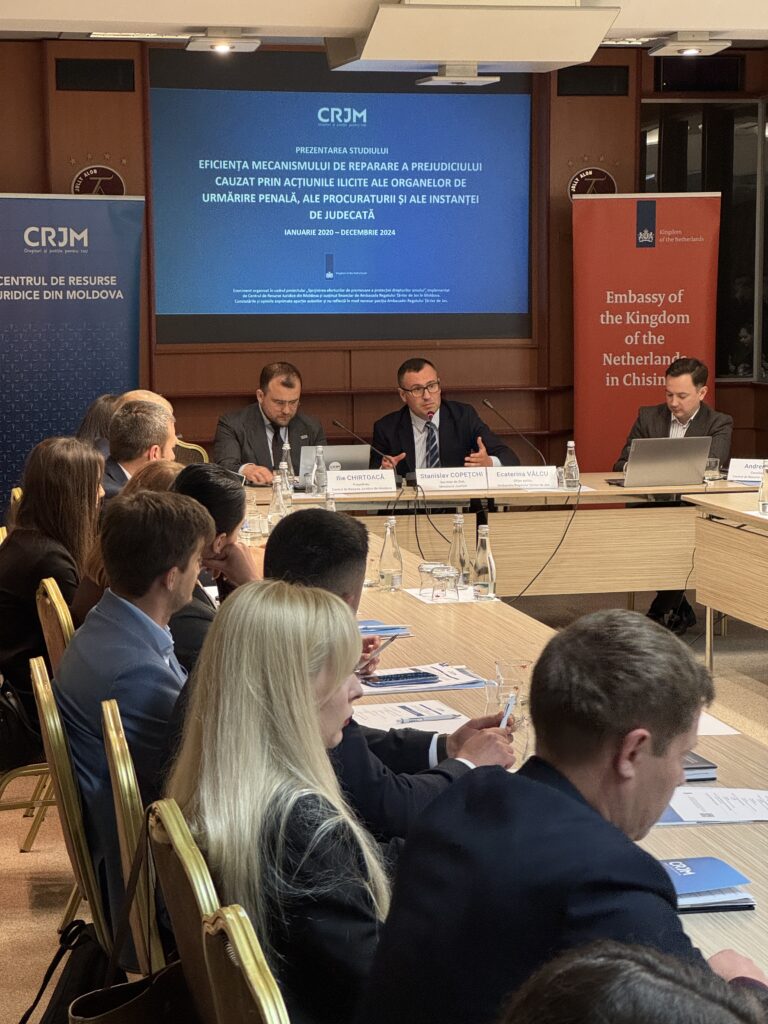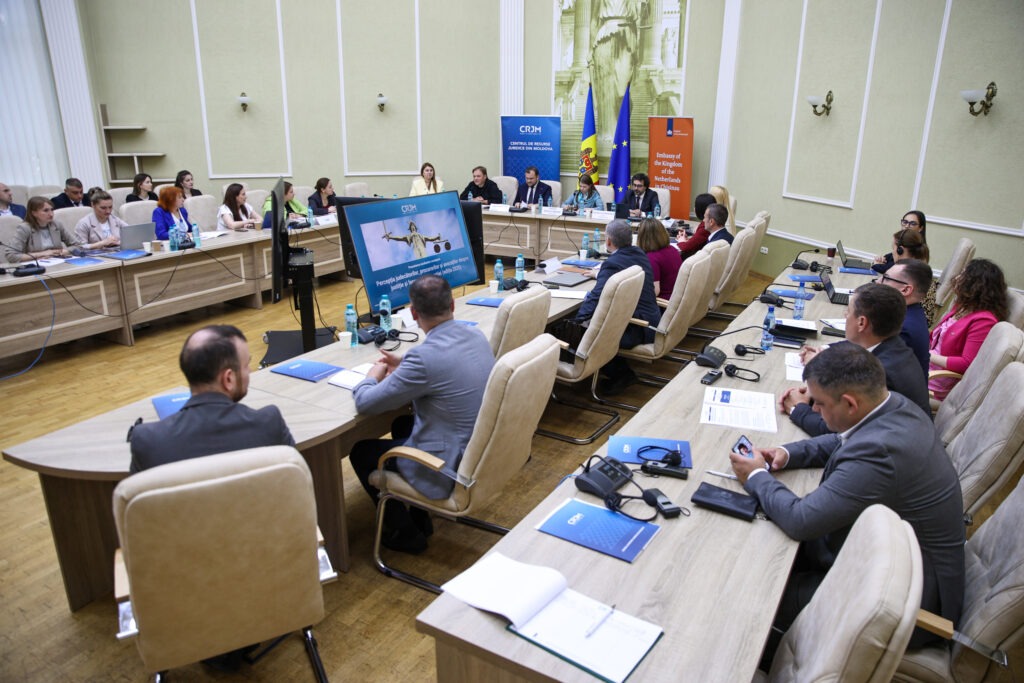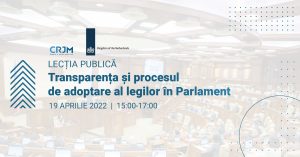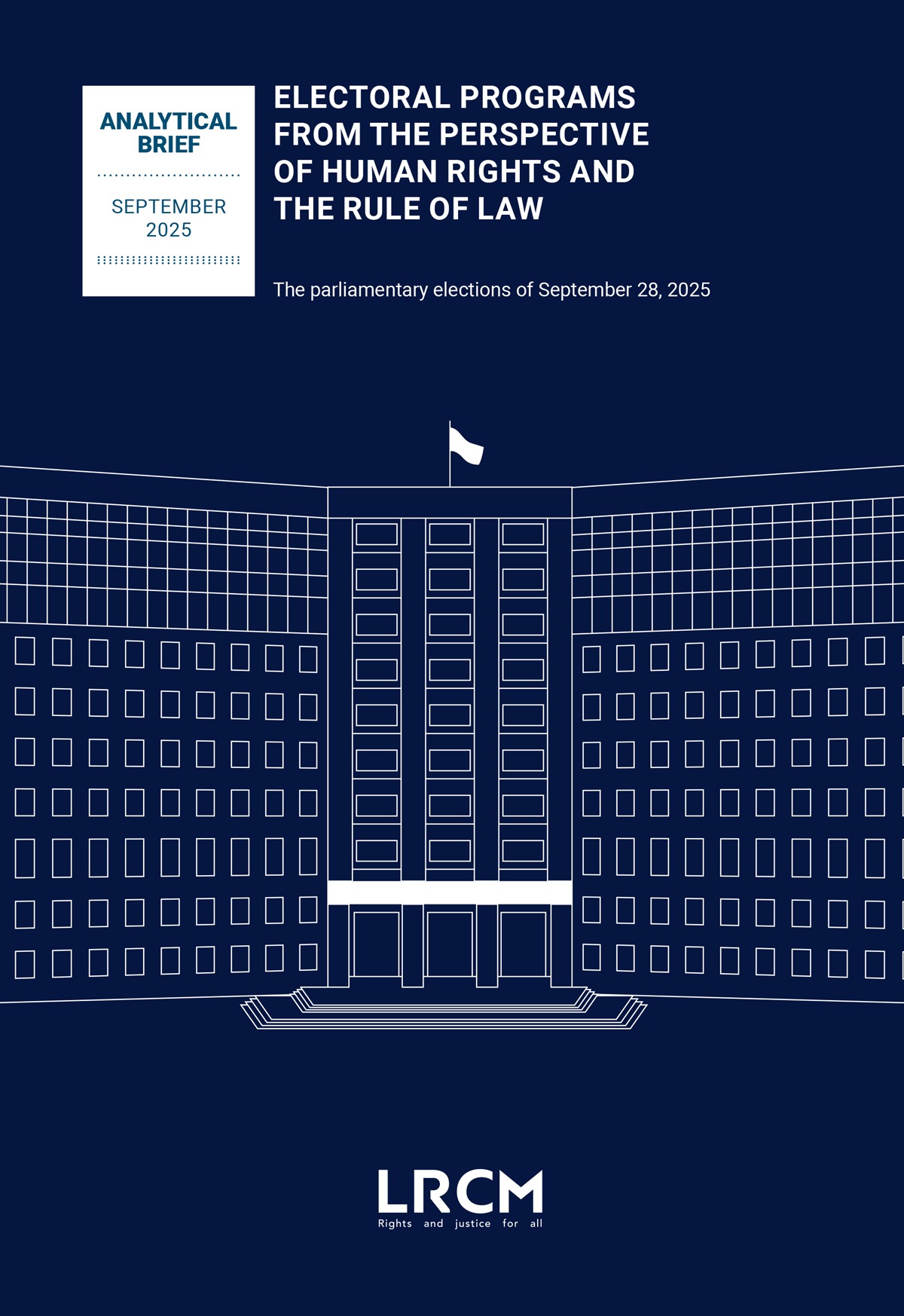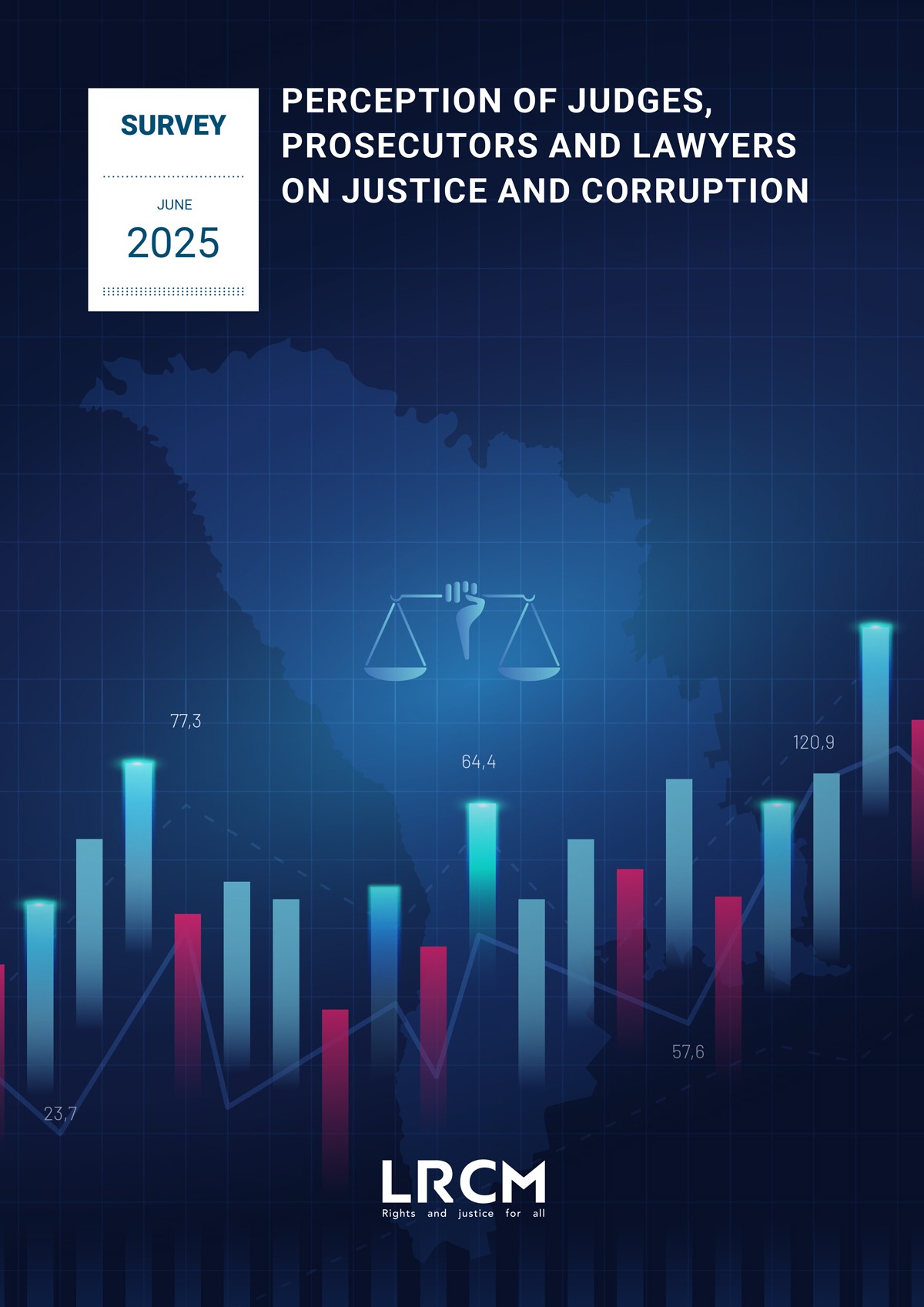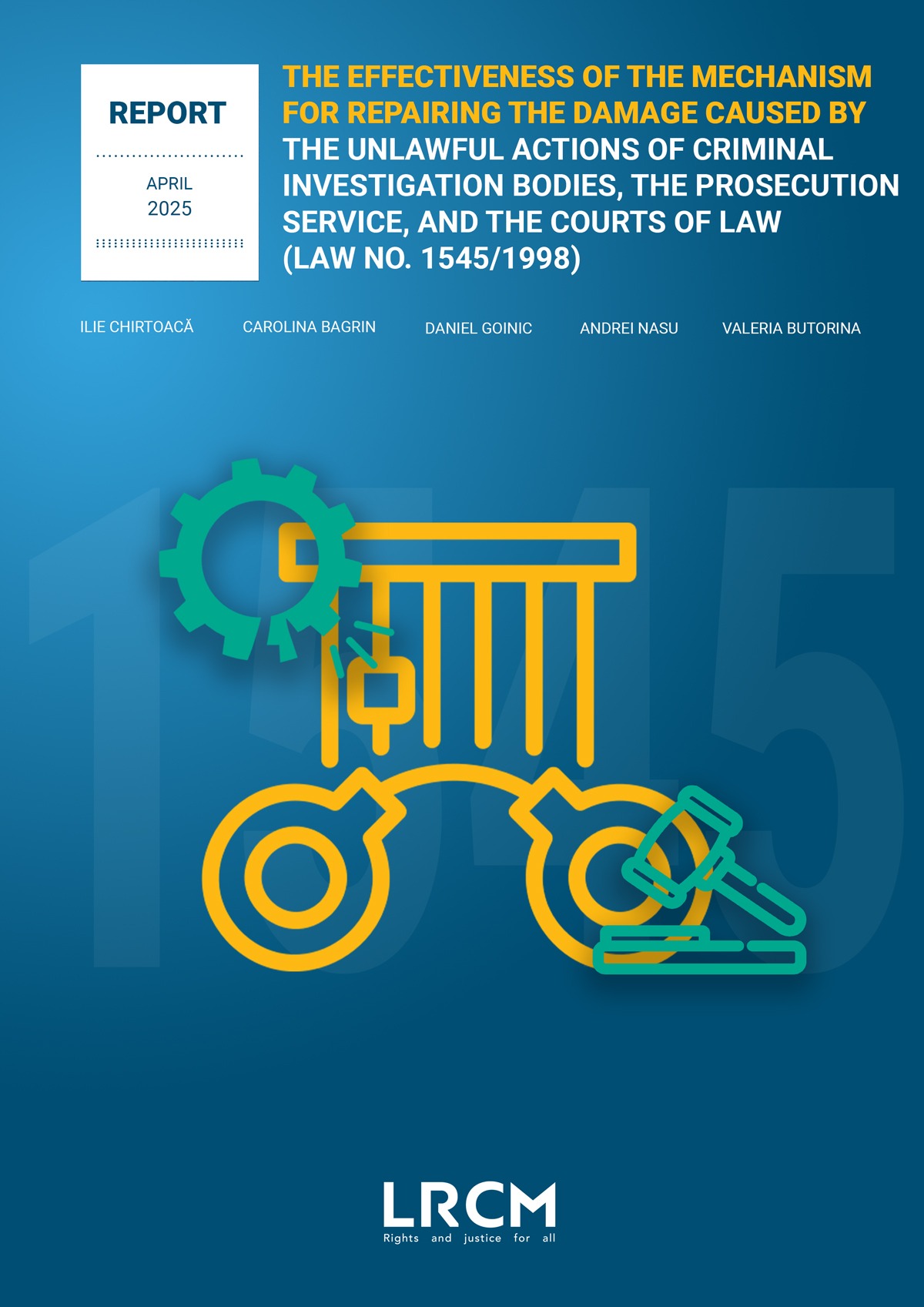Politicians and state officials are the most frequent initiators of lawsuits against journalists. These cases are dealt with three times slower than all civil cases as a whole. These are some of the findings of a study conducted by the Legal Resources Centre from Moldova (LRCM), which analysed irrevocable court rulings over the past five years on freedom of expression in the media.
The study shows that two-thirds of the lawsuits directly attacked media outlets and more than half of the plaintiffs are politicians or state dignitaries, even though they should show a higher degree of tolerance for media criticism. According to the research, more than 70% of the actions were dismissed by the court, suggesting that the plaintiffs’ intention was in fact to intimidate and silence journalists.
According to the authors, who analysed 37 irrevocable cases issued between January 1, 2019 and December 31, 2023, the application of national law by the courts is uniform, and the judges clearly distinguished between facts and value judgments, recognised the plaintiff’s status as a public person, and emphasized that freedom of expression takes precedence over the right to defend one’s honor and dignity, especially when the topics discussed are of public interest.
“Regretfully, cases that have attempted to intimidate journalists and hinder public discussion – a phenomenon known globally as “SLAPP” – continue to occur in national jurisprudence. Such initiatives, even if ultimately rejected, have a negative effect on journalists and media outlets, which have to bear judicial costs, uncertainty, loosing time and energy,” said Andrei Nasu, Legal Officer at LRCM.
The research also includes an analysis of national and European legislation, emphasising the importance of creating legal mechanisms to reduce the negative impact of abusive lawsuits against journalists, taking into account the mechanisms already established by European Union legislation and Council of Europe recommendations.
“One of the objectives of this study was, among others, to examine how national legislation can incorporate European directives aimed at protecting journalists when they are targeted in abusive litigation. Therefore, the research also includes a number of recommendations for several governmental institutions and civil society organizations responsible or specialized in the media field,” stated Ilie Chirtoacă, Executive Director of the LRCM.
The preliminary version of the study is proposed for consultation to all interested persons, who can send their proposals until July 15, 2024 to [email protected]. Subsequently, the document will be finalised and sent to public authorities and civil society organizations to consider the authors’ recommendations.
